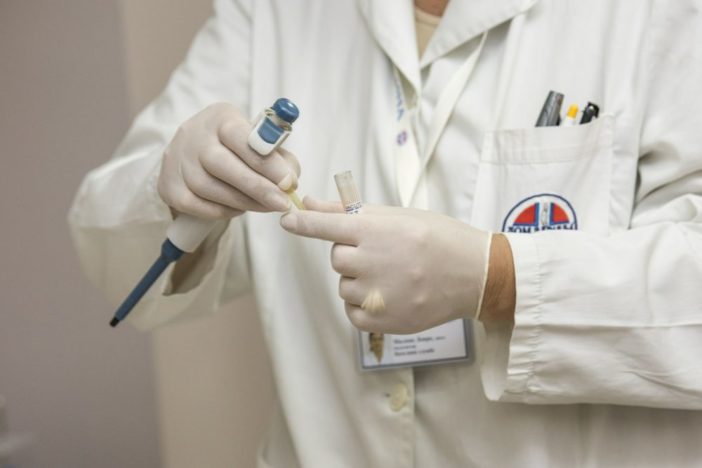

In a separate September 2020 policy analysis also funded by Episcopal Health Foundation, Texas A&M University researchers estimated that if 73% of newly eligible uninsured people enrolls and 95% of current marketplace enrollees eligible under Medicaid expansion enrolls, there would be $5.4 billion in annual federal funding. Of that, Texas would pay $650 million per year including $20 million for administrative, technology and state employee costs. In a 2020 report for Episcopal Health Foundation, former chief operating officer of the Texas Department of State Health Services, Randy Fritz, and Texas Star Alliance found that if Medicaid were expanded to include 1 million enrollees that would bring a total annual cost of $6.3 billion. The state, meanwhile, would be responsible for 10 cents on every dollar, or $600 million to $700 million annually, according to an April 2021 article by the American-Statesman. More recent estimates suggest Texas would receive federal funding between $5 billion and $6 billion annually if it expanded Medicaid. That's because other factors, like the state's population growth and poverty rates, could indicate greater possible federal funding. Moorhead said, however, that more recent estimates on the amount of forgone federal funding could be a lot less or more than what her study found. She described the agency's estimates as a realistic outlook on how much Texas could depend on the federal government for funding if it expanded Medicaid. Moorhead said that the methodology used by the agency was the same as that used by Billy Hamilton Consulting. She said in a phone interview that the presentation did estimate just over $100 billion in federal funding - and that it also included year-by-year estimates up to 2023. In a footnote, the study cited a 2012 presentation made by the Texas Health and Human Services Commission before the Senate Health and Human Services and Senate State Affairs committees on the Affordable Care Act.īee Moorhead, executive director of the interfaith legislative network Texas Impact, was a researcher on that study who had worked under Hamilton at the comptroller's office.

Under the Affordable Care Act, the federal matching rate declined from 100% of the cost to 95% in 2017 and to 90% of the expansion cost in 2020. The amount of federal dollars Medicaid expansion brings depends on enrollment and enrollee costs per month.Īssuming moderate enrollment, the report looked at total federal spending from 2014 to 2017 and found that it would be nearly $23 billion for adults and $4.5 billion for children - a total of $27.5 billion for those four years. The consulting firm analyzed federal funding under scenarios of minimal enrollment, moderate enrollment, and high enrollment levels. The $100 billion number in the editorial, as well as in other early news articles, appears to have originated from research conducted in 2013 by a consulting firm belonging to Billy Hamilton, former deputy comptroller of Texas.Ĭommissioned by the Methodist Healthcare Ministries of South Texas, the report found that Texas legislators “must decide whether to accept $100 billion in federal funding over 10 years to provide additional Medicaid health care coverage under the Affordable Care Act (ACA) for our state’s neediest citizens.” So, Texas has a coverage gap between Medicaid eligibility and eligibility for a federally subsidized Affordable Care Act Marketplace plan that begins at 100% of the federal poverty line. According to 2019 Census Bureau health insurance coverage data released in 2020, nearly 1 in 5 Texans, or 18.4%, are uninsured.Īdults without dependents or disabilities are not eligible for Medicaid regardless of income in Texas, and parents of dependent children are eligible up to about 14% of the federal poverty level, according to a 2020 Texas A&M study on Medicaid expansion for Episcopal Health Foundation, an advocate for Medicaid expansion. Texas lags behind the rest of the nation when it comes to health care coverage. In 2021, 138% of the federal poverty line works out to an income of $17,774 for an individual and $36,570 for a family of four. The editorial board wrote, "Under the plan passed as part of the Affordable Care Act in 2014, Texas would have received an estimated $100 billion over the course of a decade in exchange for increasing Medicaid eligibility to 138 percent of the poverty line."

#Medicaid pay it down how to#
When we reached out to O'Rourke's campaign for evidence to support the claim, an official pointed us to a 2018 editorial from the Houston Chronicle that shared the opinion that turning down federal funding for Medicaid expansion puts the onus on counties to figure out how to serve uninsured people.


 0 kommentar(er)
0 kommentar(er)
